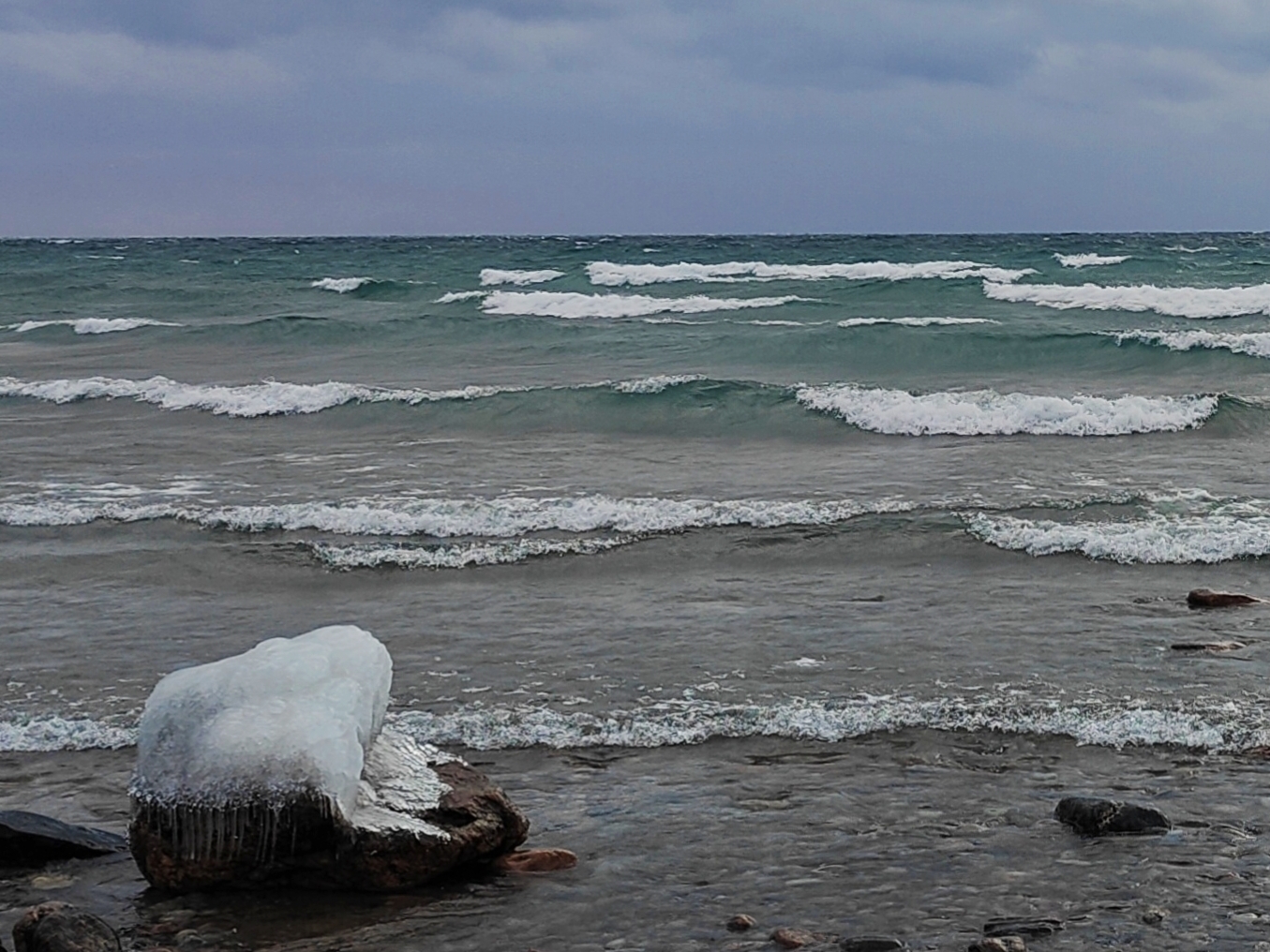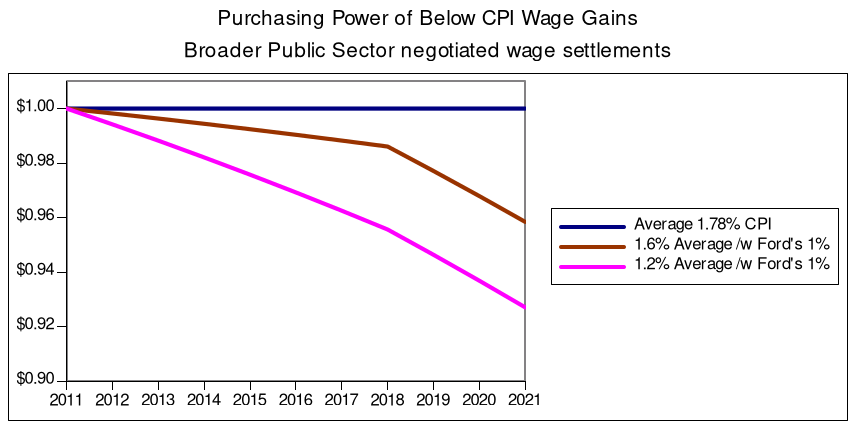
2022: Just Keep Reading
It has become a tradition without which I cannot close the year. Before New Year's Eve, I compile the books I've read and share highlights with friends and readers. A simple tradition that allows me to look back on the places I've travelled to and the people I've met through reading.








